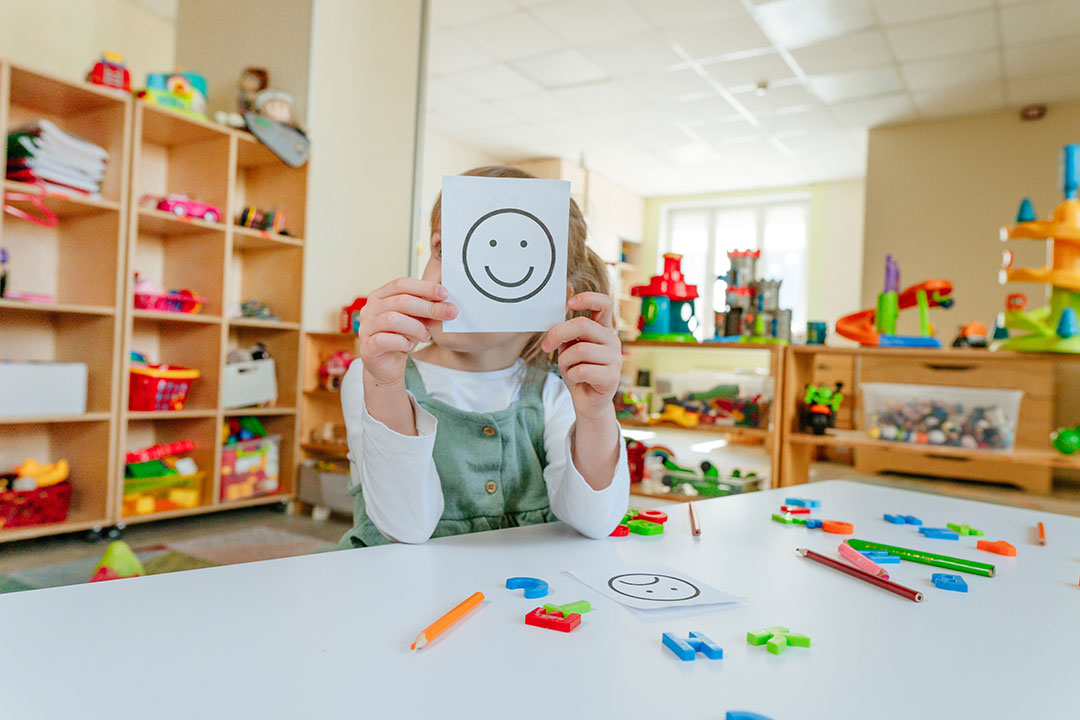Child psychotherapy; Play therapy and sand play

Psychotherapy for children
Psychotherapy can help your child or one you care, to recover from traumatic events. There are many reasons why children and young people might benefit from seeing a psychotherapist or counsellor, from having anxiety to coping with bereavement.
They may find it difficult to open up, so psychotherapists trained to work with children and adolescents employ specialised strategies.
They enter the world of a child through meaningful activities that include anything from theatre and dance to creative writing and puppetry.
Children and teenagers can benefit from psychotherapy by making sense of their feelings, feeling less upset, being more self-aware, healing, and building resilience.
What issues does child psychotherapy address?
Child psychotherapists provide individualised care for kids and teens struggling with a wide range of issues. Family dissolution, abuse, behavioural disorders, autistic spectrum disorders, bedwetting, school refusal, food issues, developmental issues, and depression are a few of these.
Does my child require therapy?
Parents may find it very difficult to watch their child experience difficult emotions, especially if they are unsure how to support them. When parents decide to seek assistance, it might arouse a variety of difficult emotions.
Allowing your child to develop their own voice and understanding of their emotional lives can be a really kind move on the part of parents.
However, this can also make parents feel as though they have failed their children or are to responsible for their problems. Typically, this is not the case. A few appointments are scheduled for parents to discuss their options prior to beginning any individual therapy with a child.
Issues we can help with
Psychotherapy for children is available when mental or emotional problems are very severe or have persisted for a long time. It is also a choice if no one is able to comprehend the issue and the child’s struggle properly. At Islington Therapy House, we have a registered child psychotherapist. Please check our therapist page or email us about your enquiry
Numerous issues, such as the following, can be helped by psychotherapy:
- Anxiety
- Depression and behavioural
- Issues
- Bullying
- Hyperactivity
- Low self-regard
Children with learning and physical challenges might get support from child psychotherapists. Children on the autism spectrum can benefit from them. Youngsters may be responding to well-known life events, or problems could have arisen for no apparent reason.
Effectiveness
Sand Tray Therapy: What Is It?
How ıt works
Let's plan your therapy
1
You can contact the therapist directly. Before scheduling an initial consultation, you are invited to contact any of our therapists by phone or email for an informal discussion.
2
You can use our help me find a therapist form to contact us directly.
We'll locate you two to three therapists.
